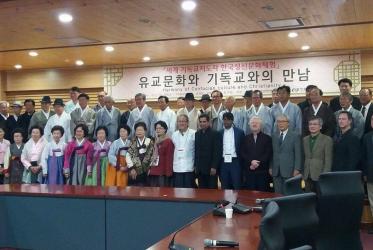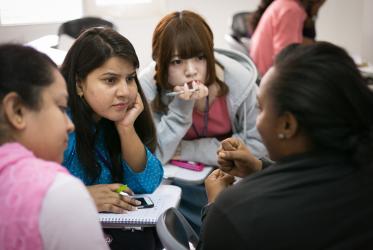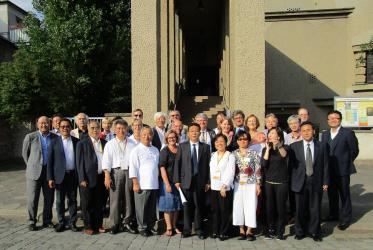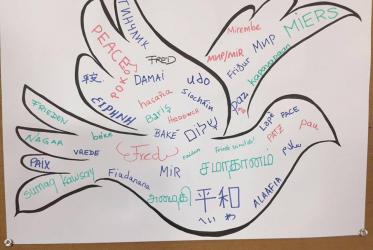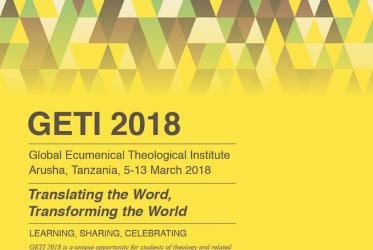Displaying 61 - 80 of 113
02 February 2018
WCC delegation visits China
04 January 2018
During Advent, WCC invites the world to “A Light of Peace”
14 November 2017
Voices from Asia Mission Conference
13 October 2017
The whole world is praying for peace on the Korean Peninsula
11 August 2017
WCC urges end to escalation in Korea
05 July 2017



